
Civic Engagement
The ideals of civic engagement and education go hand in hand with our efforts to promote America's history. Our commitment is rooted in the belief that to fully understand how something works, you have to know how it was built. From aiding immigrants during the naturalization process to sharing information on our nation’s flag, we’re working to ensure that all citizens have the chance to learn about our country and add their own voices to the American story.
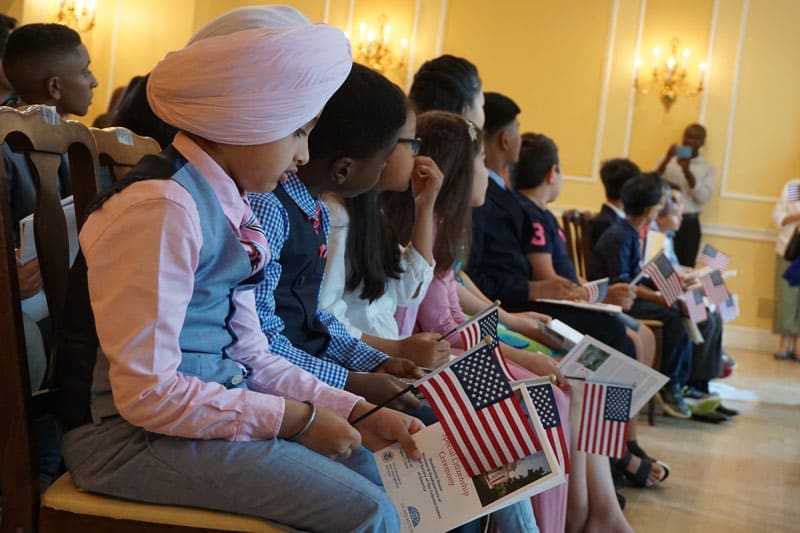
Naturalization Programs
In the early days of the NSCDA, our members focused on preparing educational materials for immigrants undertaking the naturalization process. Today, those efforts have expanded to include participation in citizenship ceremonies and welcome receptions for new citizens of all ages.
Naturalization Program Photo Gallery
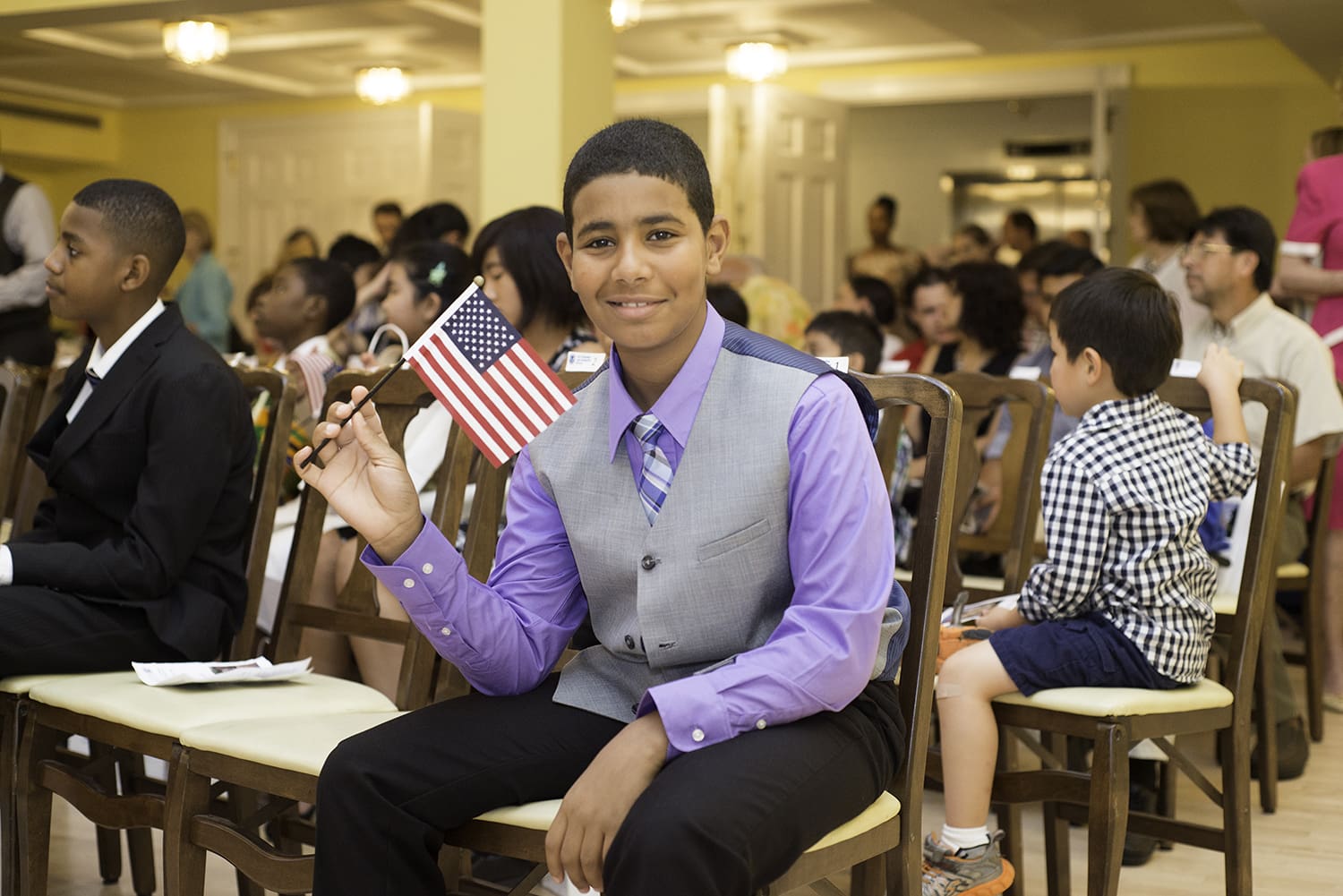
Children's Oath Ceremony at Dumbarton House
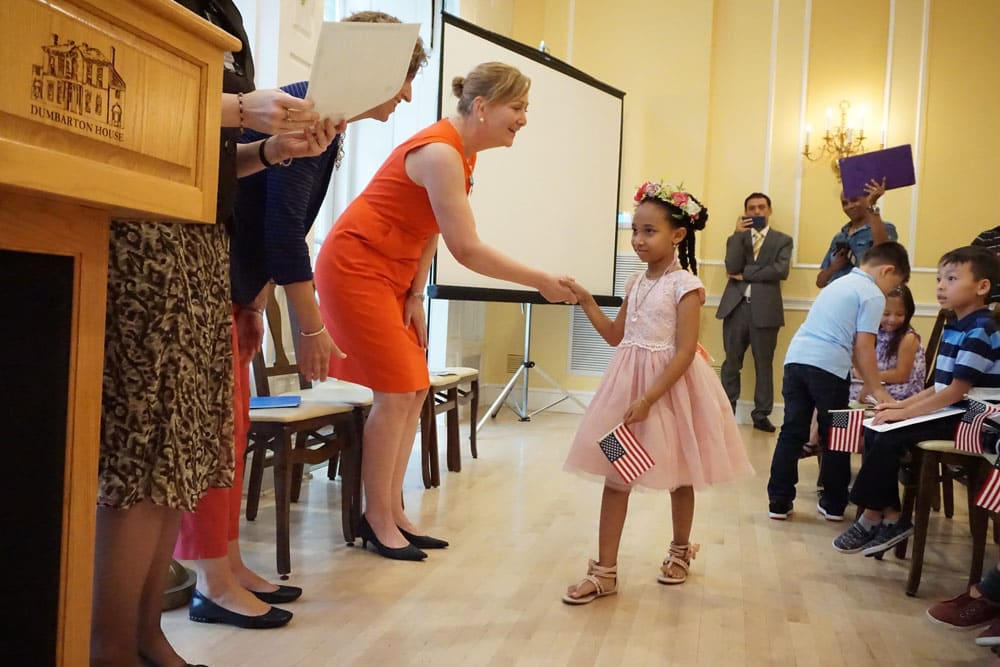
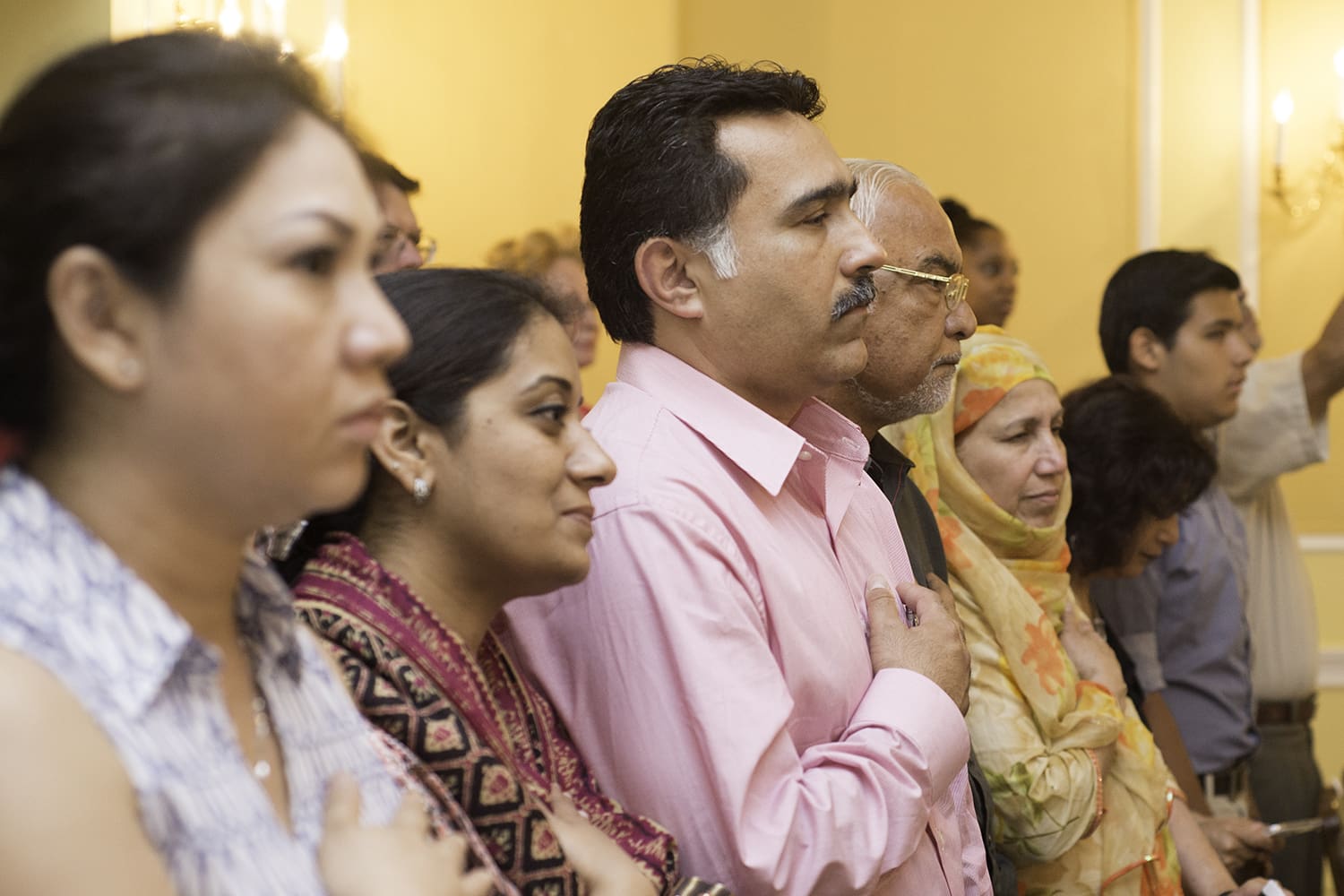
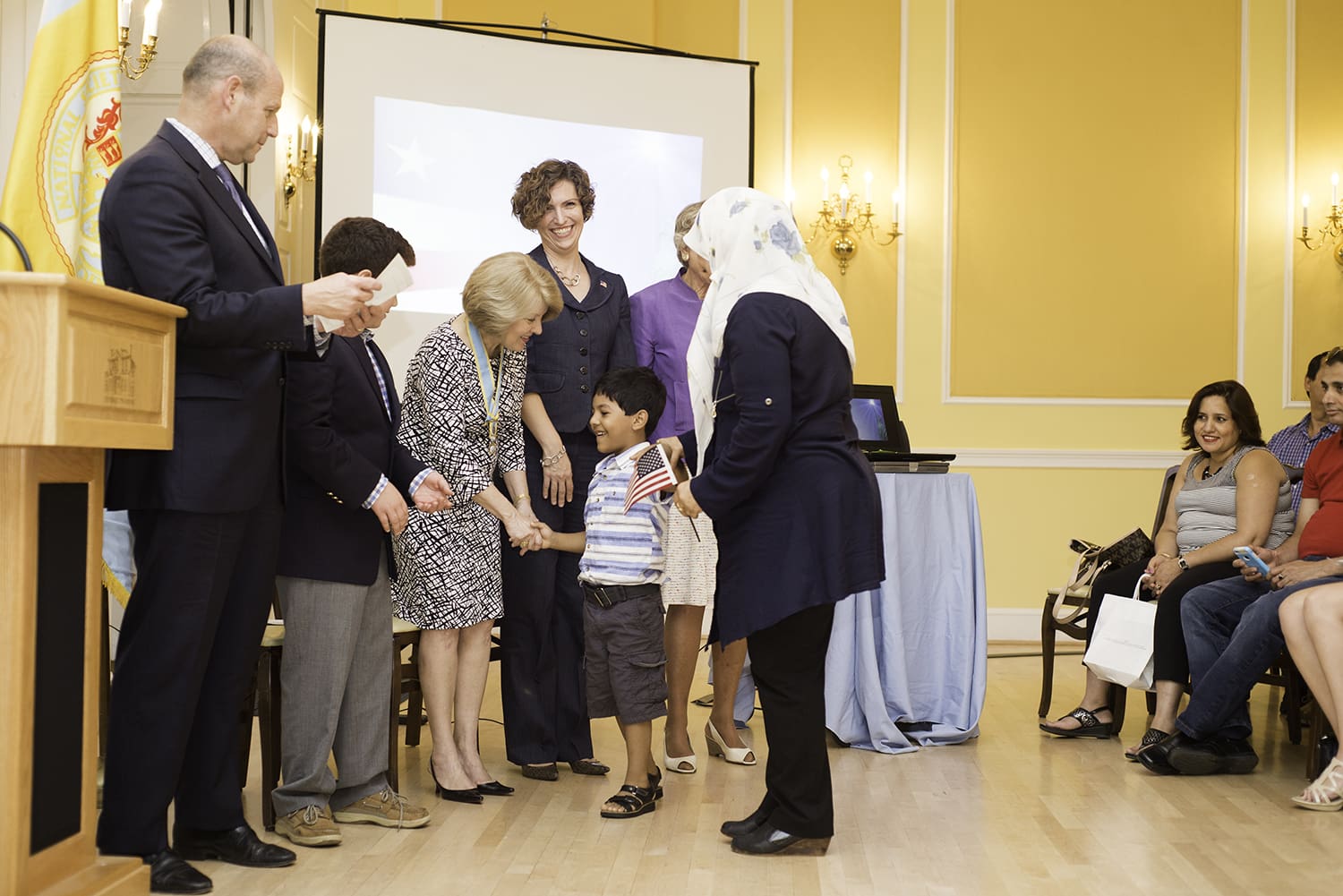
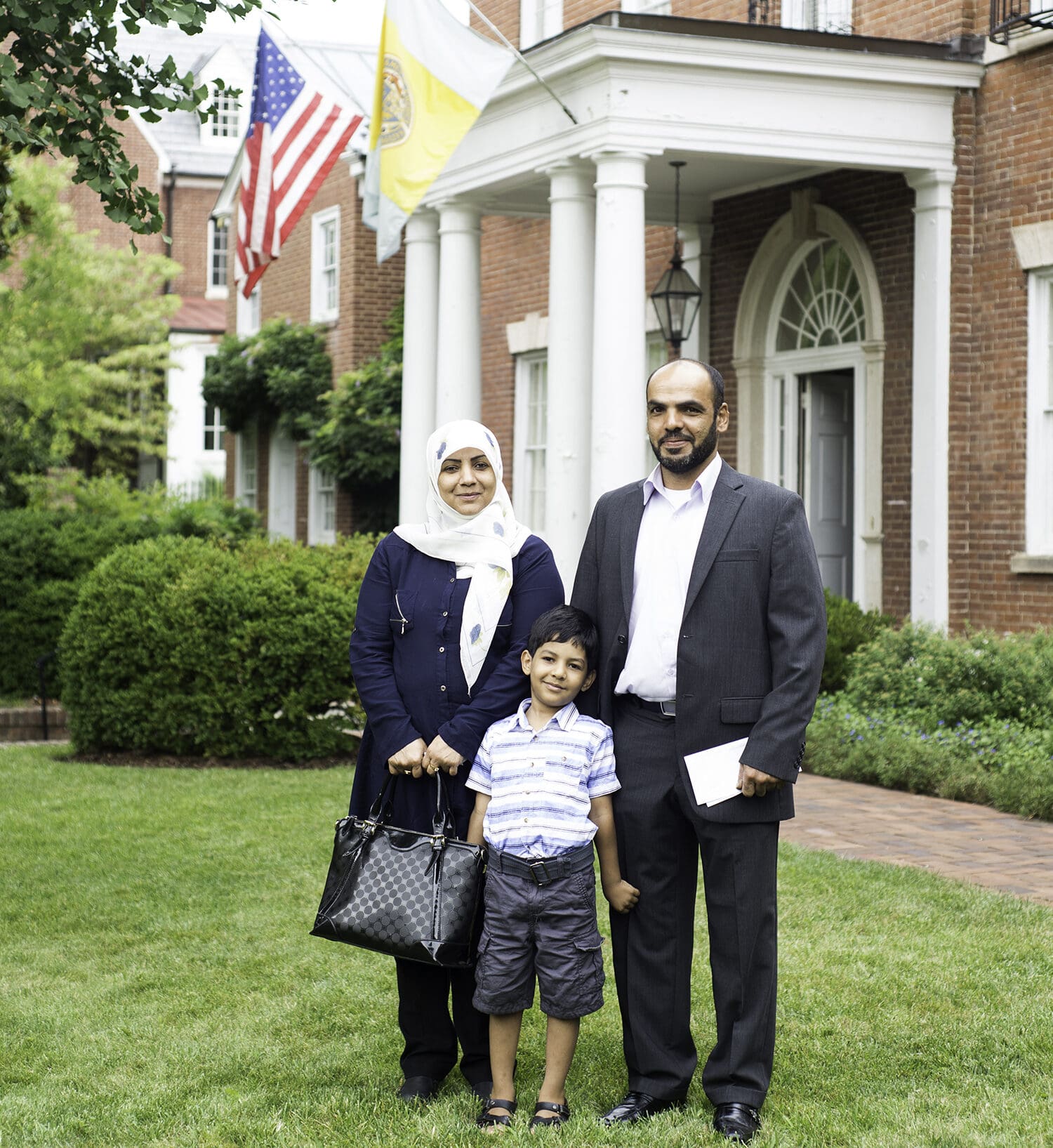
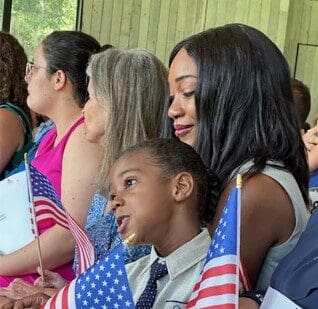
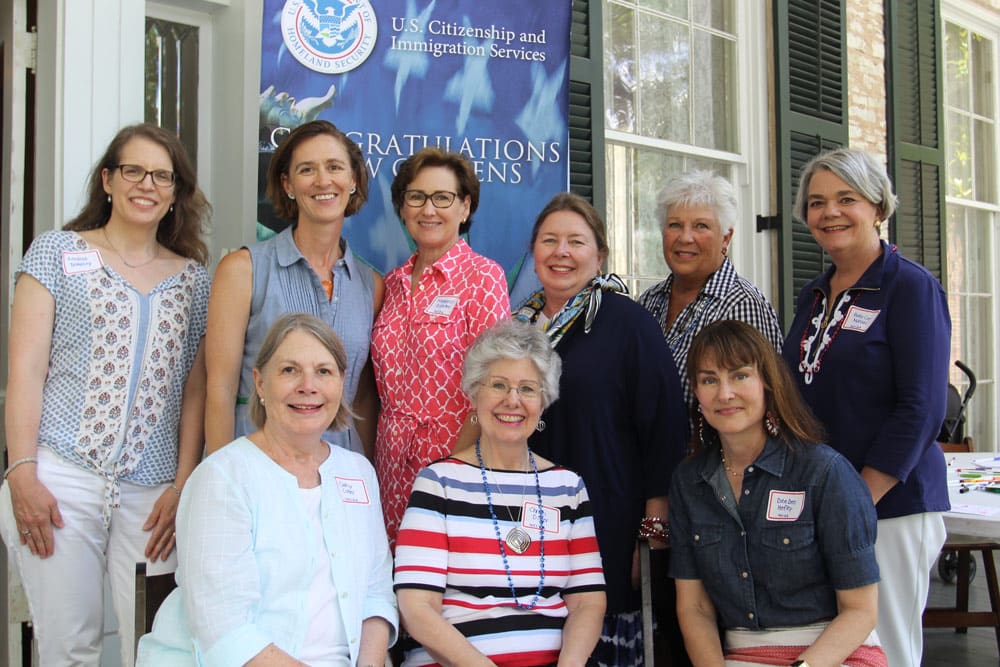
Naturalization Ceremony, Texas Society
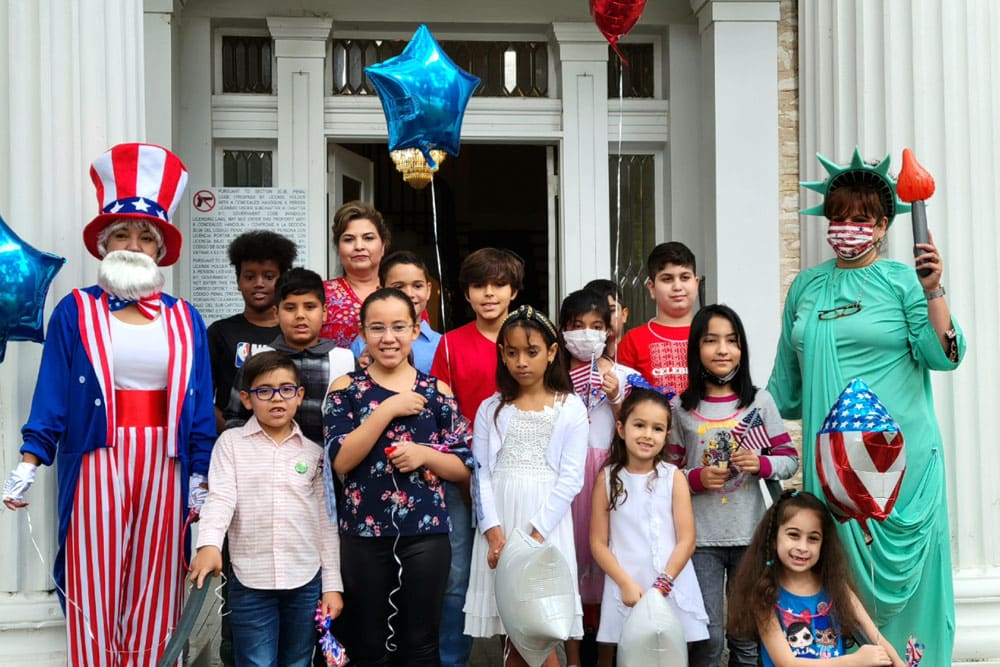
Oath Ceremony for children, Texas Society
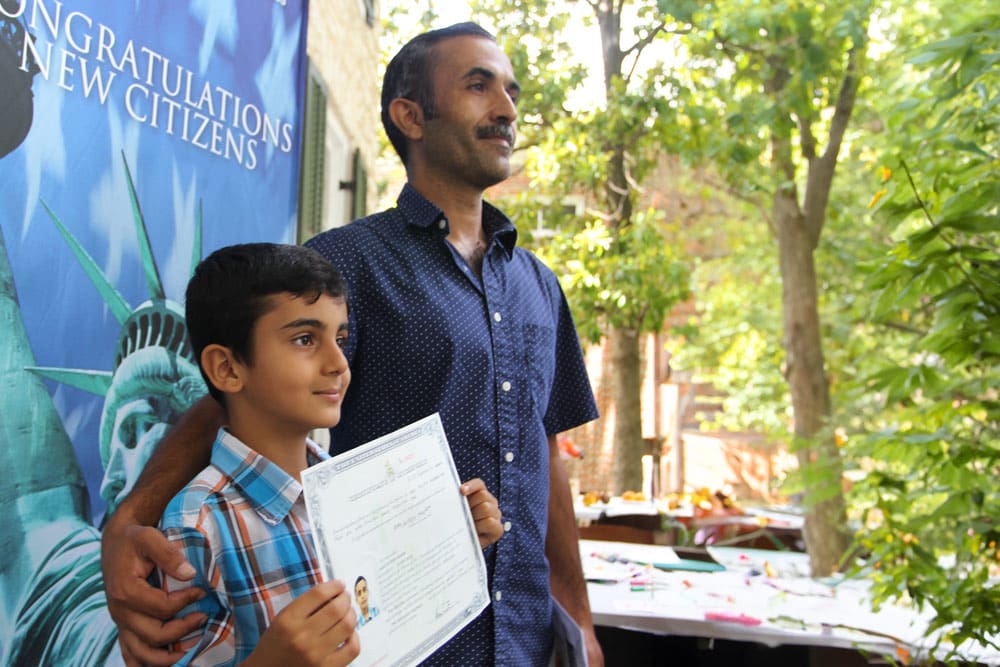
Oath Ceremony for children, Texas Society

Naturalization Ceremony at Gunston Hall
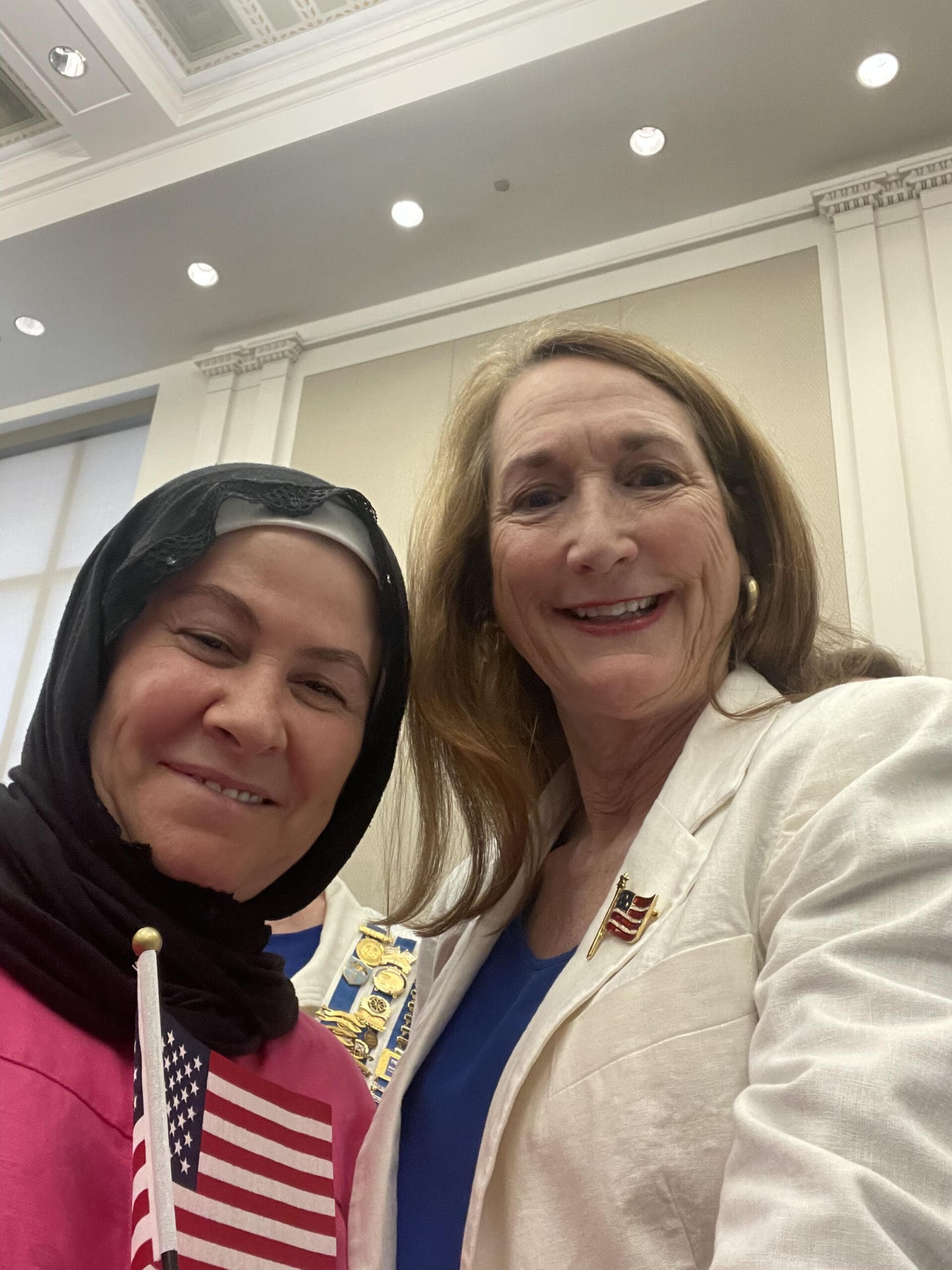
Naturalization Ceremony, Alabama Society
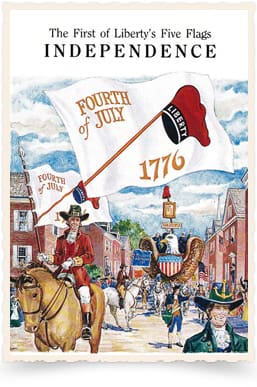
The History of Flag Day
Each year on June 14th, our nation celebrates Flag Day. How did it begin?
The first formal observance of Flag Day is believed to have been in 1885 when Bernard J. Cigrand, a Wisconsin schoolteacher, arranged for his pupils to observe June 14th, the anniversary of the 1777 Flag Resolution, as “Flag Birthday.” Similar efforts popped up in states along the east coast, which soon led to widespread state and local celebrations.
On May 30th, 1916, Woodrow Wilson issued a Presidential Proclamation establishing Flag Day, but it wasn’t until President Truman signed an Act of Congress on August 3rd, 1949 that June 14th was officially designated as Flag Day.
Did you know that there’s a particular etiquette for placing and displaying our nation’s flag?
The guidelines vary if you're flying the flag alone or amongst other flags. If you own an American flag, it’s important to know the guidelines for when to fly it. Click below for a full list of days to fly the American flag.